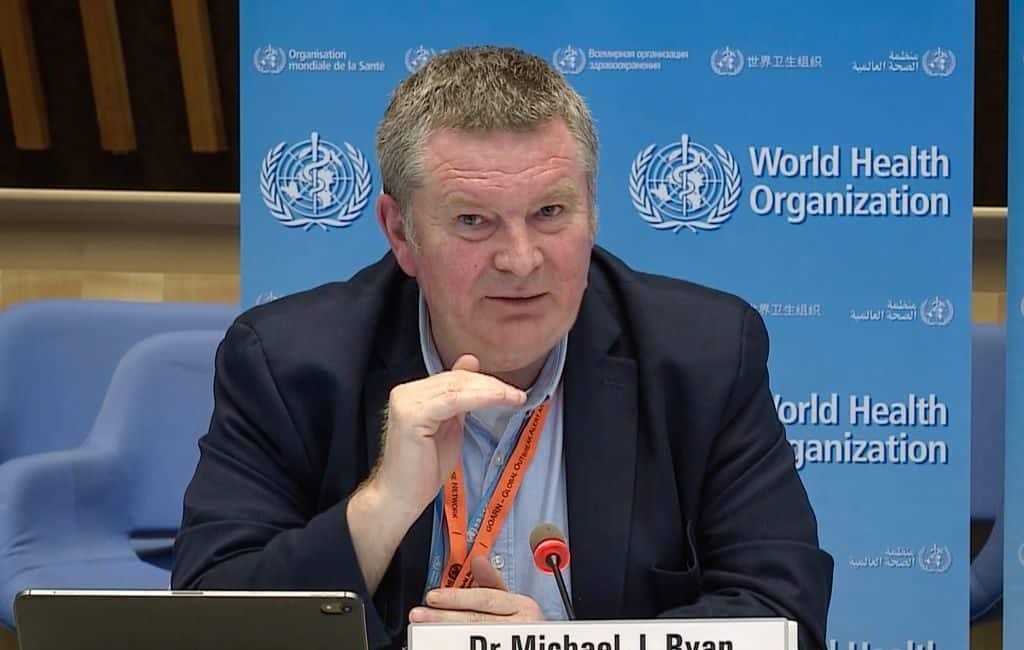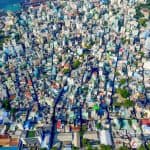
The World Health Organisation (WHO) warns of a second peak of coronavirus cases for the countries that ease lockdown.
During an online briefing on Monday (25 May), Dr. Mike Ryan, Executive Director of WHO’s Health Emergencies Programme stated that the world is still in the middle of the first break of the coronavirus outbreak and that while cases are declining in many countries they are still increasing in Central and South America, South Asia and Africa.
Dr. Ryan further stated that epidemics often come in waves, meaning that the outbreak can come back in places where it has been subsided. There may also be the chance of an increase in infected rates more quickly if the measures to halt the first wave was lifted too soon.
“We need to be also cognizant of the fact that the disease can jump up at any time. We cannot make assumptions that just because the disease is on the way down now that it’s going to keep going down, and the way to get a number of months to get ready for a second wave – we may get a second peak in this way,” Ryan said.
Covid-19 statistics from the Health Protection Agency states that there have been 1438 Covid-19 positive cases in total with 232 recovered and 05 deaths in the Maldives as of 26th May 2020. According to the experts, the Maldives is reaching its first peak on positive cases during these days, yet there are talks of easing up the lockdown measures taken to halt the outbreak.
With this warning, the questions that come to our mind are; “Is Maldives ready for the ease up on lockdown?”, “How will we be able to manage if there is a second outbreak with a much higher positive rate?”, “Will the medical facilities will be enough to manage the patients?”
During a press conference earlier tonight (26 May 2020), Dr. Ibrahim Afzal said the number of new cases in the Maldives is not high compare to the population in the Maldives. However, we have to be very vigilant due to the nature of the outbreak. He further added that the government will not be releasing the lockdown, but with ease up in different phases according to WHO guidelines and field experts’ advice. He also said the government’s plan is to implement the ease in phases and they will have limitations that are needed to follow through. Moreover, each phase will be observed and monitored before stepping into the next phase. They believe that these steps will make it easier to reach back to the new normal state after the pandemic.
Furthermore, Mr. Mabrook added that we cannot survive on full lockdown mode for a long period of time, the ease phases are implemented according to the field experts’ advice with much consideration and citizens safety at the top priority. He also added that the biggest mistakes that countries have made was taking the restrictions all at once and leaning from that government plans to take only necessary ease steps during these phases.
In addition to the government’s measures to halt the outbreaks, the most important is for individuals to their part in this pandemic. We need to brace ourselves to the new normal. We need to find ways to do our daily routine with the safety measures implemented by the authorities.




